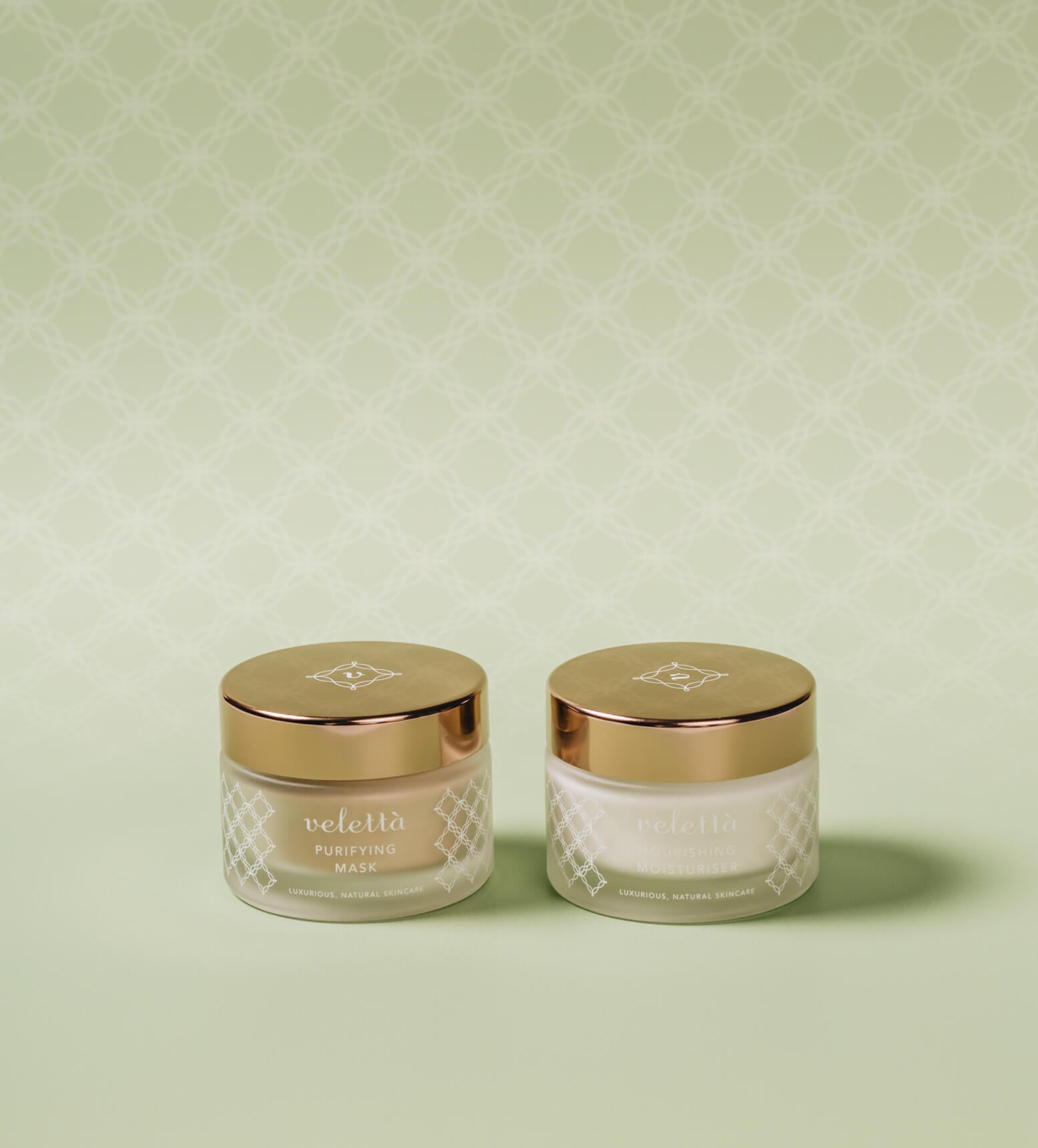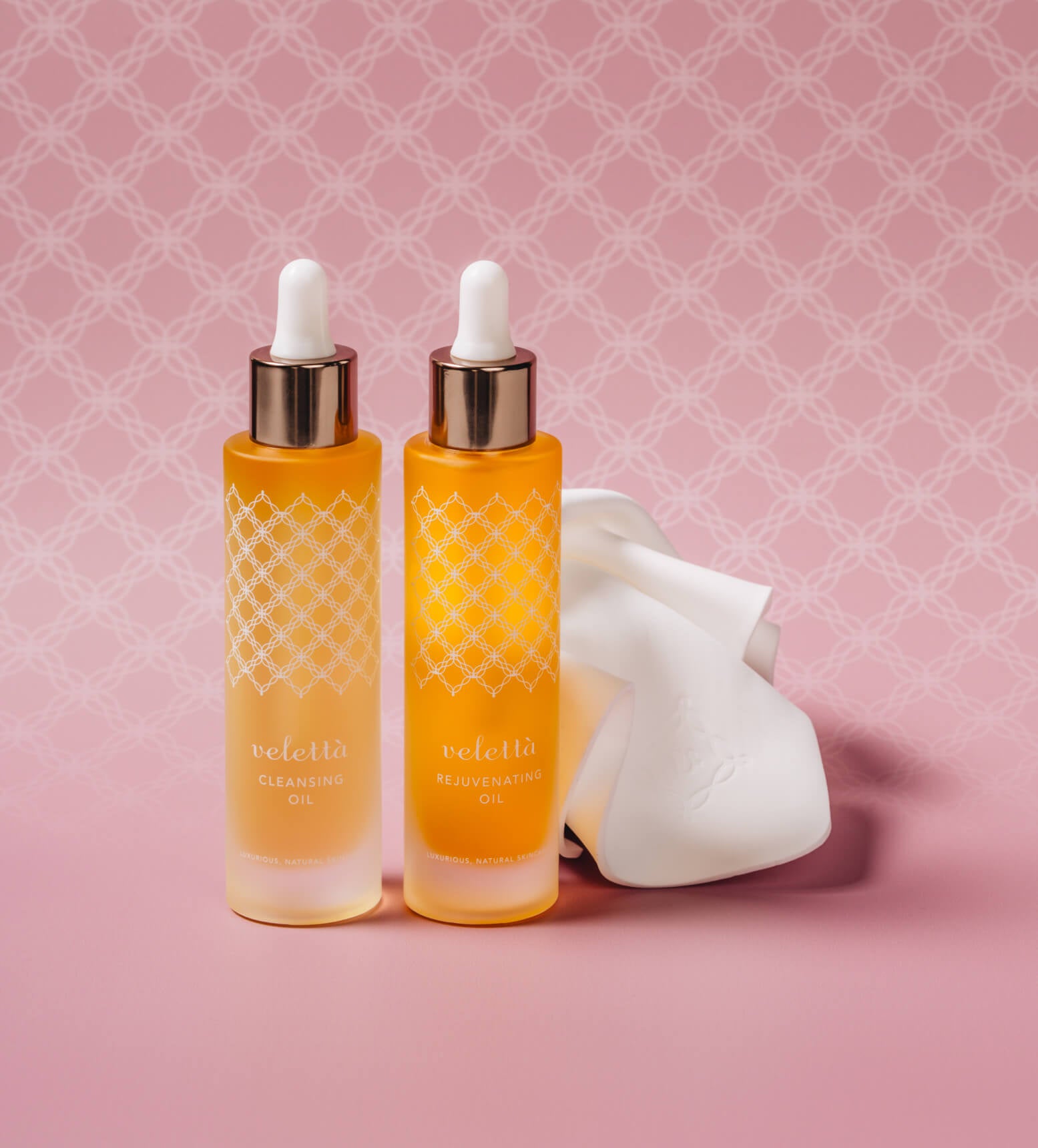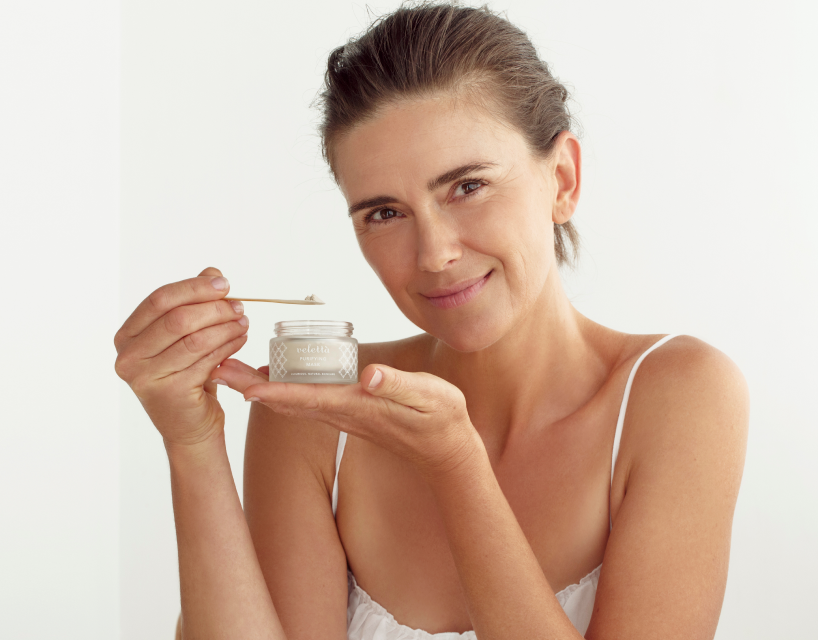If there’s one skincare rule that truly stands the test of time, it’s this: wear sunscreen every day.
From your 20s through to your 70s and beyond, sun protection is the single most important habit you can adopt to keep your skin healthy, radiant and resilient. It doesn’t matter how expensive your moisturiser is—if you’re not using SPF, you’re leaving your skin vulnerable.
Here’s what really happens to your skin when it’s exposed to the sun—and why sun protection matters at every age.
Why Is Sun Protection So Important?
The sun emits two main types of ultraviolet (UV) radiation that affect the skin:
-
UVA rays penetrate deeply and cause premature ageing, wrinkles and pigmentation.
-
UVB rays affect the surface, causing sunburn and increasing the risk of skin cancer.
Over time, this damage accumulates. It’s called photoageing, and it’s responsible for up to 90% of visible skin ageing.
Sun Damage Isn’t Always Obvious
You don’t have to burn to experience damage. UV exposure triggers inflammation, weakens collagen, dehydrates the skin and can cause cellular changes—even on cloudy days or through glass.
And once you’re over 35, your skin doesn’t repair itself as efficiently. That means sun exposure becomes even more damaging the older we get.
SPF in Your 20s and 30s: Prevent Now, Benefit Later
In your younger years, prevention is key. Even if you don’t see fine lines or pigmentation yet, UV damage is still happening beneath the surface.
Daily sun protection can:
-
Delay signs of ageing
-
Preserve skin tone and elasticity
-
Reduce your future risk of sunspots and wrinkles
Build it into your morning routine and treat it as essential—not optional.
SPF in Your 40s and 50s: Protect and Preserve
During perimenopause and menopause, skin becomes thinner and more sensitive. UV damage shows up more visibly, often in the form of uneven tone, dark spots and dryness.
At this stage, sun protection helps to:
-
Maintain collagen and firmness
-
Prevent deepening pigmentation
-
Support post-treatment skin (like after exfoliation or facials)
Make sure your SPF offers broad-spectrum protection (UVA + UVB), and don’t forget your neck and décolletage—areas often left unprotected but quick to show age.
SPF After 60: Gentle But Consistent
After 60, skin is more fragile and reactive, and the risk of skin cancer increases with age. You may also be using active skincare or prescription treatments that make skin more sensitive to sunlight.
Daily sunscreen helps:
-
Protect delicate skin from further damage
-
Minimise redness and irritation
-
Prevent new pigmentation from forming
Look for sunscreens formulated for sensitive or mature skin—these are often more hydrating and less likely to cause a reaction.
But I Don’t Go Out in the Sun—Do I Still Need SPF?
Yes. UVA rays can penetrate glass, meaning you’re exposed even while driving, sitting by a window, or walking outside on overcast days. Unless you live in a cave, SPF is still necessary.
What to Look for in a Daily Sunscreen
For best protection, choose a sunscreen that is:
-
SPF 30 or higher
-
Broad-spectrum
-
Lightweight enough for daily use
-
Suited to your skin type
And yes—reapply every two hours if you’re outside, and more often if swimming or sweating.
Final Thoughts
Sun protection isn’t just for holidays or beach days. It’s the most powerful, proven anti-ageing and skin health tool available to us at any age. No matter how old you are, your skin will thank you for it.
Daily SPF is a non-negotiable act of self-care—and a smart investment in your future face.







